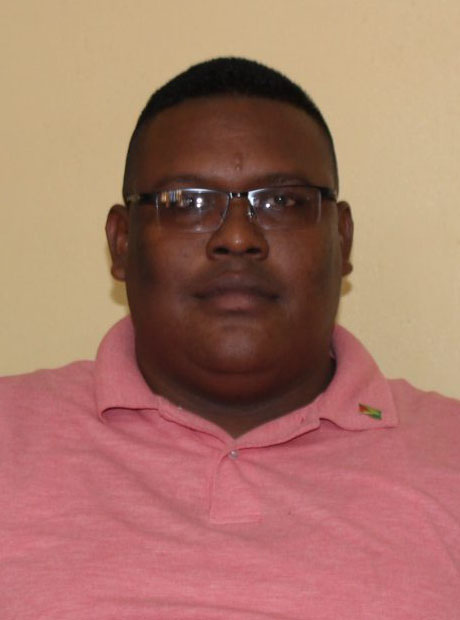Region One chairman concerned about food, medical supplies

With over 36,000 Venezuelans having arrived in Guyana due to the crisis in their country, the demand for a sustainable food supply is higher in Region One, where thousands have settled, Regional Chairman Brentnol Ashley has said.
The Chairman of the Regional Democratic Council told Stabroek News yesterday that food for migrant families continues to be in high demand. He observed that during 2019, the Civil Defence Commission was distributing food hampers to families but he has not observed any distribution for this year.
He called on the agency to restart its distribution of food hampers to families in the area.
Recently, President David Granger announced that over 36,000 Venezuelan migrants have entered Guyana since the situation in Venezuela escalated. He disclosed the figure last Tuesday while accepting the credentials of Australia’s new non-resident High Commissioner to Guyana Bruce Lendon.
Granger said the Direct Aid Programme of Australia, which provided critical assistance in improving water, sanitation and health in indigenous communities, is being used to assist with the situation of Venezuelan migrants.
Meantime, Ashley told this newspaper that families have been taking up residence in close proximity to the wharves at Mabaruma and Kumaka. He said that government is aware of the situation in the region but little has been done to properly accommodate families.
“We have families here with no proper housing and the situation remains the same because we don’t have the resources to assist the families. We have young mothers and their babies with nowhere to go. It is still a big issue for us in the region and government has been dragging their foot on it,” Ashley disclosed.
He added that some families have also erected makeshift camps at open spaces in different communities.
The chairman said that a few non-governmental organisations, such as UNICEF and the International Organisation for Migration, have been assisting and have to date constructed several pit latrines at locations where the families have settled.
The RDC chairman also said that the presence of the families in the region is becoming burdensome to the health system. He noted that several Venezuelans are infected with malaria and have been visiting the health facilities in the region for treatment.
“We don’t have a problem assisting with the medical aid but the limited drugs that we have is not being replaced fast enough by the MMU [Materials Management Unit of the Ministry of Public Health]. If we use up the drugs on the Venezuelans, what are we going to have to treat our people [with] when they are ill? We are not having a steady supply and the medicine is depleting,” Ashley added.
